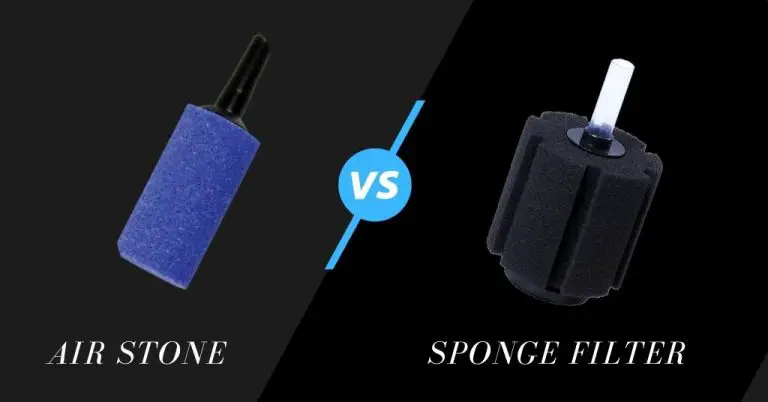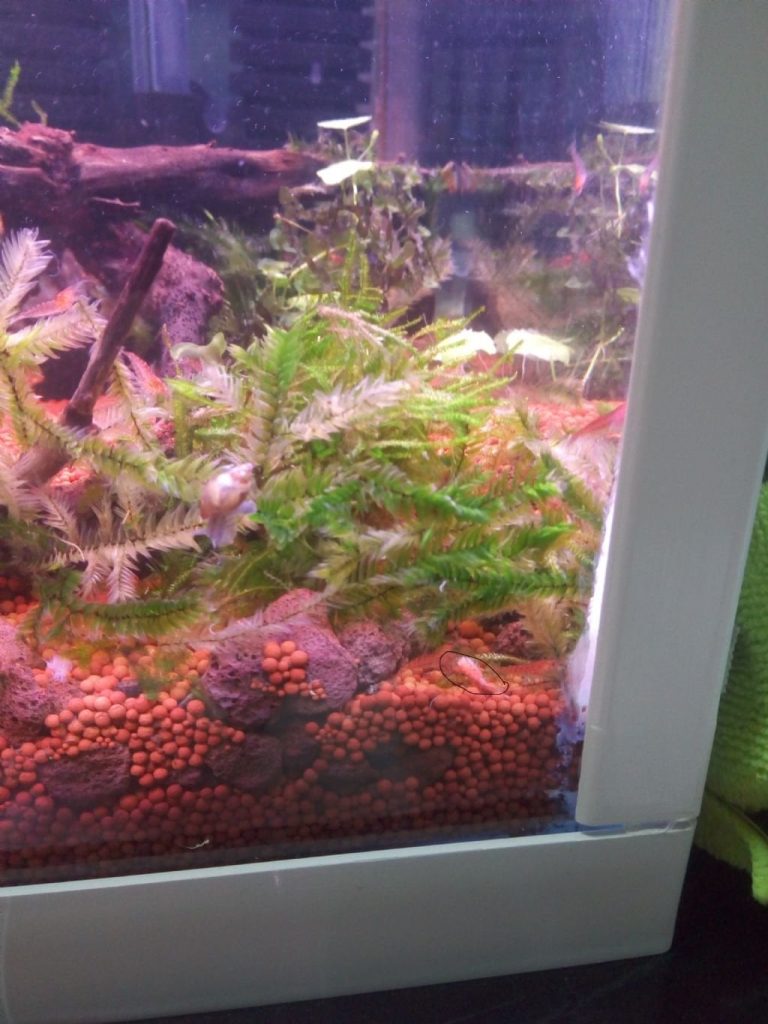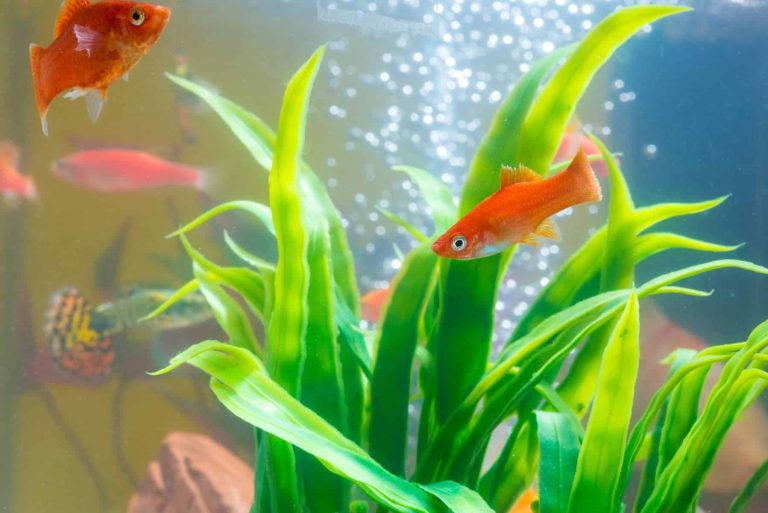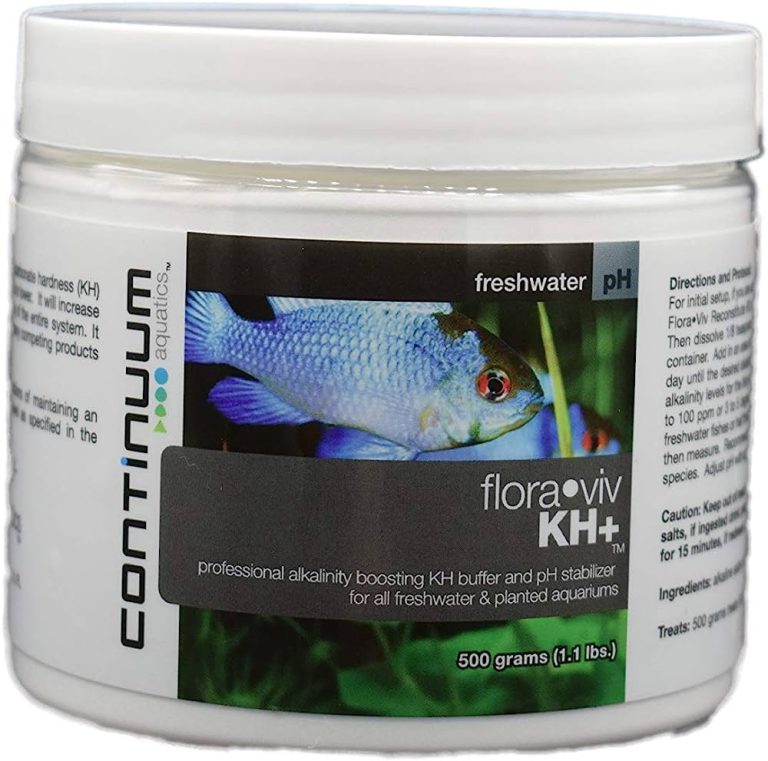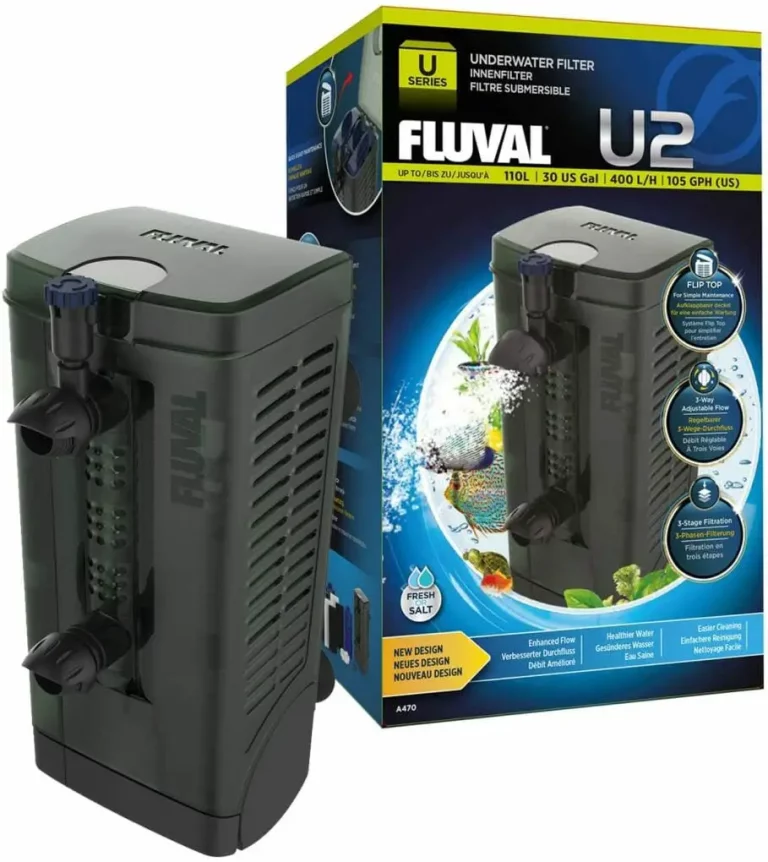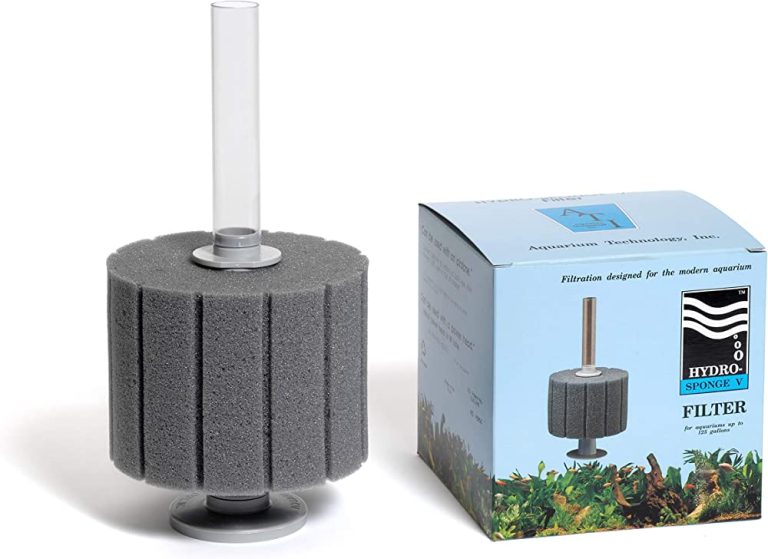Air Stone Vs Sponge Filter
Air Stone vs Sponge Filter: Which is Best for Your Aquarium?
Are you a beginner aquarist or a seasoned hobbyist looking to enhance the filtration system of your aquarium? If so, you’ve probably come across the debate between air stones and sponge filters. Both of these options have their unique advantages and drawbacks, and choosing the right one can make a significant difference in the overall health and cleanliness of your tank. In this article, we’ll dive deeper into the air stone vs sponge filter debate, exploring the features, benefits, and considerations of each. Let’s get started!
Air Stone: Oxygenating Your Aquarium
Air stones are devices that attach to an air pump and release a steady stream of tiny bubbles into your aquarium. These bubbles serve two main purposes: oxygenation and water movement. The air bubbles introduce oxygen into the water, which is vital for the health of your aquatic inhabitants. Additionally, the movement created by the bubbles helps to circulate the water, preventing stagnant areas and maintaining a healthy environment.
Key Features and Benefits of Air Stones
1. Oxygenation: The primary advantage of using an air stone is the increased oxygenation it provides. This is especially important in tanks with a high bioload or in aquariums that house oxygen-dependent species such as goldfish.
2. Water Movement: The bubbles produced by the air stone create gentle water movement, aiding in the removal of waste and detritus that can settle on surfaces or in low-flow areas.
3. Visual Appeal: Many aquarists enjoy the aesthetically pleasing look of bubbles rising in their tank. Air stones can add a dynamic and lively element to your aquarium’s appearance.
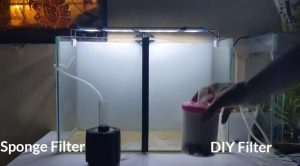
Considerations and Drawbacks of Air Stones
1. Limited Filtration: While air stones enhance oxygenation and water movement, they do not provide substantial filtration on their own. Additional filtration methods, such as a hang-on-back filter or canister filter, may be necessary to maintain optimal water quality.
2. Noise and Splashing: Depending on the type of air pump and setup, air stones can create noise and have a tendency to splash water outside of the tank. This can be bothersome for some aquarists, particularly if their aquarium is located in a bedroom or quiet space.
Sponge Filter: Efficient and Versatile Filtration
Sponge filters, on the other hand, are widely recognized for their efficient and versatile filtration capabilities. As the name suggests, these filters are composed of a sponge that serves as both a mechanical and biological filter. The sponge traps debris and waste particles, while beneficial bacteria colonize its surface to break down harmful ammonia and nitrites.
Key Features and Benefits of Sponge Filters
1. Filtration Efficiency: Sponge filters offer excellent mechanical and biological filtration. The porous structure of the sponge provides ample surface area for beneficial bacteria to grow, contributing to the overall stability of your aquarium’s nitrogen cycle.
2. Protection for Fry and Shrimp: The gentle flow provided by sponge filters makes them an ideal filtration choice for sensitive freshwater fry and shrimp. Unlike traditional filters with strong currents, sponge filters won’t suck small creatures into their intakes.
3. Quiet Operation: Sponge filters are known for their near-silent operation, making them a popular choice for aquariums located in quiet spaces or bedrooms.
Considerations and Drawbacks of Sponge Filters
1. Limited Oxygenation: While sponge filters do provide some water movement, especially in smaller aquariums, they are not as effective at oxygenating the water as air stones. This can be a disadvantage in tanks with a high bioload or in situations where additional aeration is needed.
2. Maintenance Requirements: The sponge in a sponge filter needs regular cleaning to prevent clogging and ensure optimal filtration. This usually involves rinsing the sponge in aquarium water to remove accumulated debris and waste.
